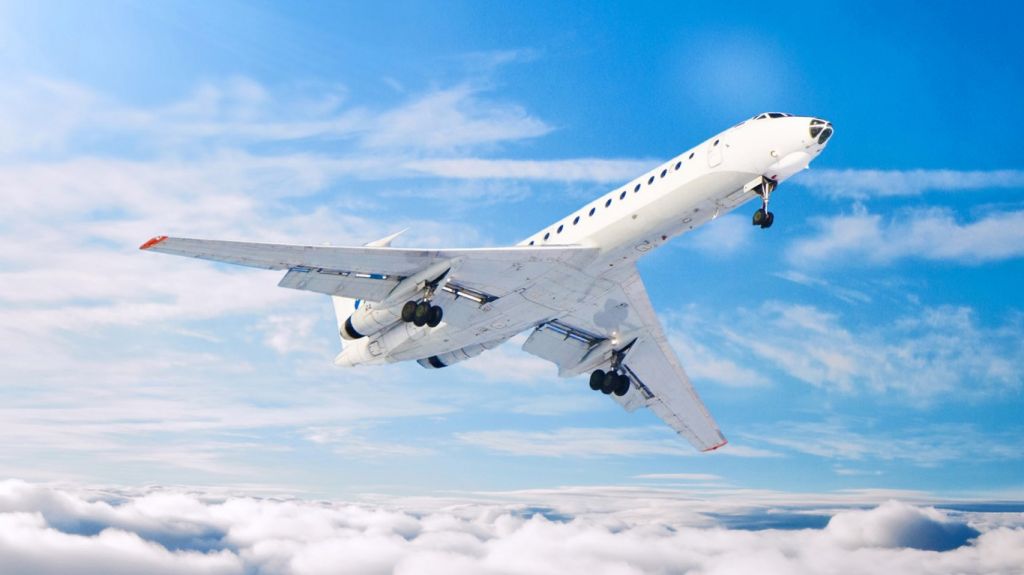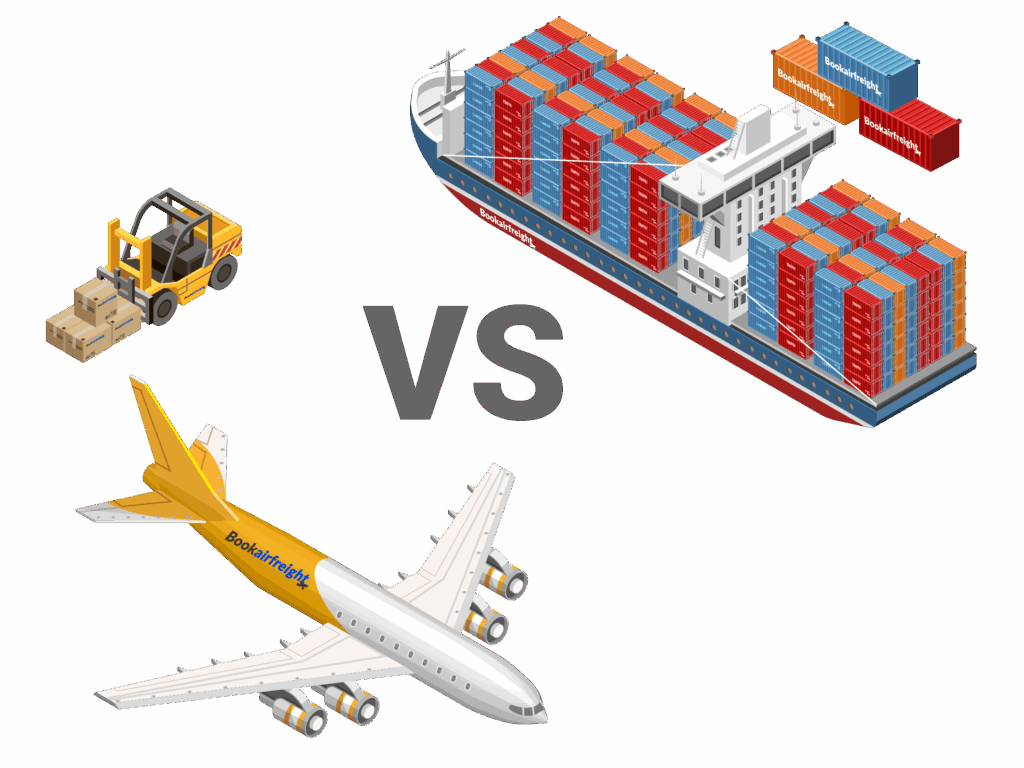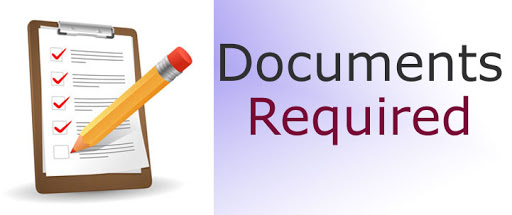- By TOP CHINA FREIGHT
- September 30, 2025
- Shipping
Table of Contents
Finding the cheapest air freight from China to Singapore is a common challenge for importers, wholesalers, and e-commerce sellers. While air transport offers speed and reliability, costs can quickly rise if not managed well. Understanding rates, regulations, and best practices can help businesses optimize shipping while avoiding unnecessary expenses.

What factors affect air freight costs from China to Singapore?
Air freight costs are influenced by several variables beyond distance. Airlines calculate charges based on chargeable weight, which considers both actual weight and volumetric dimensions. Fuel surcharges, customs fees, peak season demand, and airport handling costs also contribute. Moreover, urgent deliveries or premium services such as express handling increase costs significantly.
Key Cost Factors:
| Factor | Description | Impact on Price |
|---|---|---|
| Weight & Volume | Chargeable weight (whichever is greater) | High |
| Service Type | Standard, express, or consolidated cargo | Medium–High |
| Airport Fees | Handling charges at departure and arrival | Medium |
| Seasonality | Peak demand during holidays or sales | High |
| Customs & Duties | Import/export clearance | Medium |
Businesses can achieve cheaper rates by consolidating shipments, booking off-peak, and selecting experienced freight forwarders with strong carrier networks.
How long does air freight from China to Singapore take?
Transit time varies depending on service level and handling efficiency. Direct flights usually take one day, while standard air freight with handling and customs clearance typically ranges from 2 to 5 days. Consolidated shipments may require additional time because cargo waits to be grouped before departure.
Transit Time Overview:
| Service Type | Average Transit Time | Notes |
|---|---|---|
| Express Air Freight | 1–2 days | Fastest, highest cost |
| Standard Air Freight | 2–5 days | Balanced option |
| Consolidated Air Freight | 4–7 days | Cheapest, slightly slower |
For businesses requiring urgent restocking, express is ideal. However, standard or consolidated air freight often provides the best balance between cost and reliability.
Why choose air freight over sea freight for China–Singapore trade?

Although sea freight is cheaper for bulky shipments, air freight provides clear advantages in speed, security, and supply chain predictability. It is particularly suited for electronics, medical supplies, fashion goods, and high-value cargo that requires rapid turnover.
Pros and Cons Comparison:
| Mode | Pros | Cons |
|---|---|---|
| Air Freight | Fast, reliable schedules, secure | Higher costs, weight limits |
| Sea Freight | Low cost, large capacity | Longer transit, risk of delays |
| Rail Freight | Balanced cost/time (not direct to Singapore) | Limited access, transfers required |
Therefore, importers often use air freight for urgent shipments while reserving sea freight for bulk orders.
What documents are required for air freight shipping?

To ship cargo smoothly, correct documentation is essential. Missing or incorrect paperwork often leads to costly delays at customs. The following are standard requirements for air freight from China to Singapore:
| Document | Purpose |
|---|---|
| Air Waybill (AWB) | Contract of carriage between shipper and carrier |
| Commercial Invoice | Details product description and value |
| Packing List | Specifies quantity, weight, and dimensions |
| Customs Declaration | Required for import/export clearance |
| Certificates (if needed) | E.g., Certificate of Origin or product compliance |
Freight forwarders usually assist in preparing documents, ensuring compliance with both Chinese and Singaporean regulations.
How can shippers reduce costs for air freight?
Rates are often lower when space is reserved ahead of peak seasons.
Combining small parcels into one larger load reduces per-unit cost.
Reducing unnecessary volume lowers chargeable weight.
Experienced agents secure competitive carrier contracts.
Choosing Shanghai or Shenzhen over premium hubs can reduce charges.
What role does a freight forwarder play in securing cheaper air freight?
A freight forwarder acts as an intermediary between shippers and airlines. Their role includes negotiating rates, arranging consolidation, handling documentation, and managing customs clearance. Forwarders with established airline partnerships often secure cheaper space allocations, especially on high-demand routes like China–Singapore.
Additionally, freight forwarders can advise on regulations, optimize shipment schedules, and provide cargo insurance—ensuring that businesses save not just on transport but also on risk management.
Case Study: Reducing air freight cost for electronics importer

A Singapore-based electronics distributor faced rising logistics expenses due to frequent small shipments from Shenzhen. By working with a professional freight forwarder, the company implemented shipment consolidation and switched from express to standard air freight. Transit time increased by just one day, but overall costs dropped by 22% per month. The forwarder also optimized packaging, reducing chargeable weight by eliminating unnecessary void space. This example shows that with proper planning, even high-value industries can secure cheaper air freight without compromising reliability.
How does seasonality impact freight rates?
Rates fluctuate significantly during Lunar New Year, Golden Week, and year-end sales. During these times, demand for air cargo skyrockets, reducing available capacity and pushing up rates by 30–50%. To mitigate this, businesses should forecast demand at least 4–6 weeks in advance and secure bookings early.
Some companies also diversify shipments by mixing sea and air freight, ensuring stock continuity while balancing logistics costs.
Should small businesses use express couriers or standard air freight?
Small and medium-sized enterprises (SMEs) often face the dilemma of choosing between express couriers and standard air freight. Express services such as DHL, FedEx, or UPS provide door-to-door convenience, but they are significantly more expensive per kilogram. Standard air freight, on the other hand, requires customs brokerage and handling but offers much lower rates for larger volumes.
Comparison for SMEs:
| Shipment Size | Best Option | Reason |
|---|---|---|
| ≤ 50 kg | Express Courier | Fast, simple, all-inclusive |
| 50–500 kg | Standard Air Freight | Lower cost, manageable documentation |
| 500+ kg | Consolidated Freight | Best cost savings |
Conclusion
Choosing the cheapest air freight from China to Singapore requires balancing cost, speed, and reliability. Factors such as chargeable weight, service type, seasonality, and documentation all influence final pricing. By consolidating shipments, optimizing packaging, and working with experienced freight forwarders, businesses can significantly reduce logistics costs. Air freight remains the best option for time-sensitive and high-value cargo, ensuring competitive advantage in the fast-paced Singaporean market.
Need a Shipping Quote?
If you want expert guidance and peace of mind, our team is ready to assist.
TJ China Freight offers tailored solutions to help businesses of all sizes ship more reliably from China.

FAQ
Q1:What is the cheapest way to ship small parcels?
Consolidated air freight is usually cheaper than express couriers for parcels above 20 kg.
Q2:Can I track my air freight shipment?
Yes, most airlines and freight forwarders provide real-time online tracking systems.
Q3:Are there weight limits for air freight?
Shipments under 1,000 kg are common, but oversized cargo may need special handling.
Q4:Do customs duties add to shipping costs?
Yes, importers must pay Singapore GST and any applicable duties on arrival.
Q5:Can perishables be shipped by air?
Yes, airlines offer temperature-controlled services for food, flowers, and seafood.
